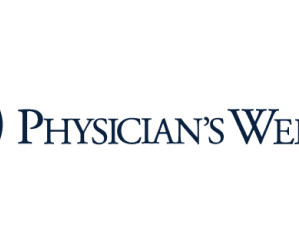Insurers Promise to Speed Up Delays in Health Care Approvals
Physician's Weekly
JUNE 25, 2025
By 2027, at least 80% of electronic prior authorization requests will be answered in real time, and the process will be easier to do online. An industry group called AHIP (formerly known as America’s Health Insurance Plans) said the updates could help as many as 257 million people. But experts say the changes may not go far enough.











Let's personalize your content